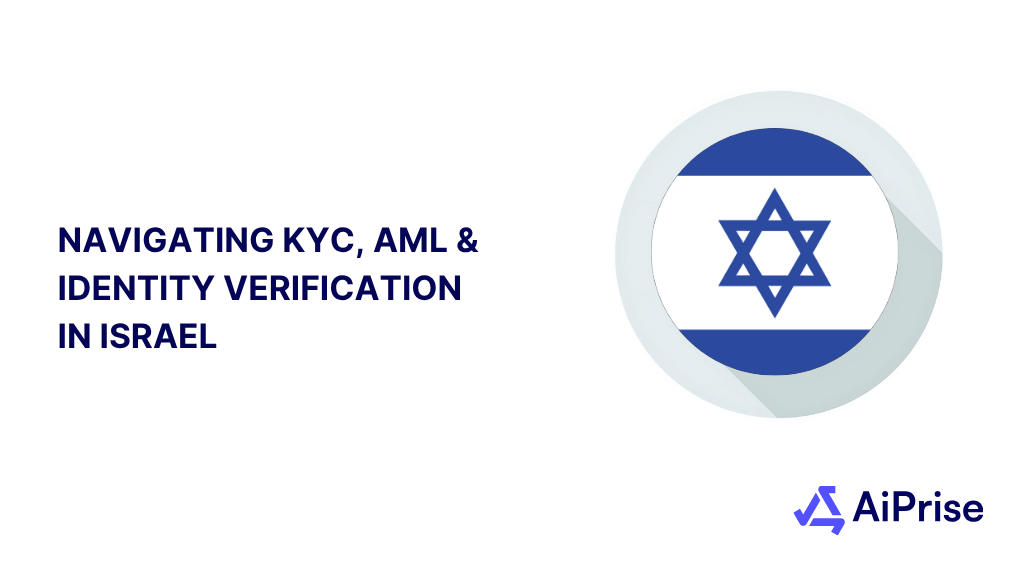AiPrise
13 min read
May 27, 2025
Navigating KYC, AML and Identity Verification in Ireland

Key Takeaways










In 2020, the Central Bank of Ireland fined a major financial institution €2.37 million for inadequate anti-money laundering practices. This fine highlights the growing importance of stringent KYC (Know Your Customer) and AML (Anti-Money Laundering) regulations in Ireland's financial sector.
As Ireland continues to solidify its position in the global financial landscape, businesses must ensure they are fully compliant with these regulations to prevent fraud and financial crime.
In this blog, we’ll explore the key components of KYC, AML, and identity verification in Ireland. We’ll cover why customer identification is essential, how adopting a risk-based approach can help businesses manage compliance, and how to implement a robust KYC compliance program that meets Ireland’s regulatory standards.
First, let’s understand why customer verification is essential.
Why Customer Identification is Essential

Customer identification is a fundamental component of KYC and AML regulations. Proper identification is not just about complying with laws; it’s a critical step in safeguarding businesses from financial crimes, including money laundering, fraud, and terrorism financing.
- Preventing Fraud and Money Laundering: Accurate customer identification helps businesses verify that they are engaging with legitimate individuals or entities. It helps detect fraudulent activities, such as identity theft, by cross-referencing customer details with trusted databases.
- Reducing Financial Crime Risks: Proper identification is key to identifying high-risk individuals, such as politically exposed persons (PEPs) or those linked to sanctioned entities. This reduces the risk of businesses inadvertently facilitating illegal activities, which can have severe financial and reputational consequences.
- Regulatory Compliance: Failing to identify customers properly can result in hefty fines and sanctions. By verifying and documenting customer identities, businesses comply with regulations and avoid financial penalties that come with non-compliance.
- Building Trust with Customers: When customers know that a business is taking steps to verify their identity securely, it builds trust. Transparent and reliable verification practices give customers confidence that their personal information is protected and that they are engaging with a reputable institution.
Now, take a look at the historical evolution of this verification process in Ireland.
The Evolution of Verification in Ireland
Ireland’s approach to identity verification has evolved significantly over the years, shaped by both global trends and local regulatory changes.
- Early Practices: In the early 1990s, verification was mainly manual, relying on physical documents and personal interactions. Regulatory oversight was minimal, and KYC efforts were focused on building trust.
- 1990s to 2000s: Rise of AML Laws: The late 1990s saw Ireland adopt anti-money laundering (AML) regulations, driven by the European Union’s directives. This marked the beginning of formal KYC requirements for businesses to prevent financial crimes.
- 2010s: Strengthening Compliance: The introduction of the 4th EU AML Directive in 2017 led to stricter KYC and AML rules, including customer risk assessments and enhanced due diligence for high-risk clients.
- Today: Digital Transformation: In recent years, Ireland has embraced AI, biometrics, and machine learning to improve verification processes. With the 5th AMLD in 2020, Ireland further strengthened compliance standards, focusing on data protection and privacy.
As verification practices have advanced, adopting a risk-based approach to KYC has become crucial for businesses looking to navigate the complex regulatory landscape effectively.
Adopting a Risk-Based Approach to KYC
A risk-based approach is essential for businesses looking to comply with KYC and AML regulations in Ireland. Instead of applying the same level of scrutiny to all customers, businesses assess the risk each customer poses and tailor their KYC measures accordingly.
This approach helps businesses allocate resources efficiently and focus on high-risk customers or transactions. Let’s break down and understand the key components of the risk-based approach.
- Risk Assessment: Businesses assess a customer’s risk level based on factors such as their country of origin, transaction behavior, and the nature of their business. For example, customers from high-risk countries or politically exposed persons (PEPs) are considered higher risk and require enhanced due diligence (EDD).
- Customer Due Diligence (CDD): Standard verification procedures may be sufficient for lower-risk customers. However, for higher-risk customers, businesses must implement more stringent verification, including in-depth background checks, understanding the source of funds, and continuous monitoring of their financial transactions.
- Ongoing Monitoring: Verifying a customer’s identity once is not enough. Businesses must continually monitor customer transactions and update risk profiles, especially when there are signs of suspicious activity.
By adopting a risk-based approach, businesses can stay compliant with Irish regulations, ensure they aren’t overburdened by unnecessary checks, and focus on effectively managing the higher risks.
Now that we've covered the risk-based approach to KYC, let’s explore the key steps for implementing a robust KYC compliance program that can help businesses meet regulatory requirements in Ireland.
Implementing a Robust KYC Compliance Program
A well-structured KYC compliance program is essential for businesses to ensure they meet Ireland’s regulatory requirements and protect themselves from financial crimes. Here is a clear strategy to build a comprehensive program that complies with regulations while strengthening customer trust.
- Integrate Verification into Customer Onboarding
Make identity checks seamless by embedding verification steps early in the onboarding process. This reduces friction for legitimate customers while ensuring no one bypasses essential checks. - Customize Due Diligence for Customer Segments
Group customers by risk level and apply appropriate due diligence accordingly. For example, use automated document verification for low-risk profiles, while dedicating more manual review and investigation for higher-risk customers. - Use Continuous Monitoring Tools
Implement real-time transaction monitoring systems that flag unusual patterns promptly. Combining automated alerts with expert review helps identify suspicious behavior before it escalates. - Empower Staff Through Training
Regular training programs ensure that employees stay updated on evolving compliance standards and develop the skills to spot red flags. Create a culture of vigilance and responsibility throughout the organization. - Maintain Transparent Reporting Procedures
Establish clear protocols for reporting suspicious activities to the Financial Intelligence Unit (FIU) in Ireland. Ensure all reports are documented thoroughly and submitted in a timely manner. - Document Retention and Audit Preparedness
Set up robust record-keeping systems that store all customer information and transaction data securely. This readiness ensures smooth audits and quick responses to regulatory inquiries.
By implementing these, businesses in Ireland can create a robust KYC compliance program that helps mitigate risks related to fraud, money laundering, and other financial crimes.
Step-by-Step Guide to Verify a Customer in Ireland
To ensure compliance with KYC and AML regulations, businesses in Ireland must follow a structured procedure for verifying the identity of their customers. Here’s a simple step-by-step guide to help businesses implement effective customer verification:
1. Collect Customer Information
- Gather essential information, including the customer's full name, address, date of birth, nationality, and identification number.
- Documentation needed: Passport, driver’s license, or Irish public services card (depending on the customer’s status).
2. Verify Customer Identity
- Cross-check the provided details with official records to ensure their accuracy.
- Use reliable sources such as government databases or third-party identity verification platforms.
3. Assess Risk Level
- Determine the customer’s risk level based on their background (country of origin, profession, etc.).
- High-risk customers, such as politically exposed persons (PEPs), may require additional scrutiny and enhanced due diligence (EDD).
4. Perform Enhanced Due Diligence (EDD) for High-Risk Customers
- For customers flagged as high risk, perform more thorough checks, including verifying the source of funds and understanding the purpose of the business relationship.
- Document the findings of your investigation.
5. Monitor Transactions Continuously
- Monitor customer transactions for unusual or suspicious activities.
- Update risk profiles regularly to ensure compliance with changing regulations.
6. Report Suspicious Activity
- If you detect any suspicious activity, report it immediately to the Financial Intelligence Unit (FIU) in Ireland.
- Maintain a record of all reported transactions for future reference.
7. Retain Documentation and Records
- Keep all verification documents and transaction records for a minimum of five years, as per Irish regulations.
- Ensure these records are easily accessible for audits or regulatory inspections.
Following these steps will help businesses in Ireland comply with KYC and AML regulations and mitigate risks associated with financial crimes.
Let's look at how technology plays a significant role in simplifying and enhancing the efficiency of these processes.
The Role of Technology in Simplifying Compliance

Modern technology is transforming how businesses in Ireland handle KYC, AML, and identity verification. With tools like AI, machine learning, and biometric verification, businesses can improve efficiency, accuracy, and security.
- AI and Machine Learning: These technologies analyze large datasets to detect suspicious activity in real time, improving the accuracy of risk detection and reducing human error.
- Biometric Verification: Tools like facial recognition and fingerprint scanning provide secure, accurate, and fast identity verification, both in-person and remotely.
- Automation: Automating compliance tasks such as document verification and transaction monitoring reduces manual effort and ensures consistency across operations.
- Real-Time Data Access: Access to global data helps businesses verify identities quickly and stay up-to-date with regulatory changes.
By using these technologies, businesses can streamline their compliance processes and reduce the risks associated with non-compliance.
With technology playing a key role in compliance, let’s now explore how AiPrise can help businesses in Ireland simplify their KYC and AML efforts.
AiPrise Solutions for KYC, AML, and Identity Verification in Ireland
AiPrise offers a comprehensive platform that simplifies KYC, AML, and identity verification for businesses in Ireland. With its advanced technology and global data access, AiPrise helps companies stay compliant while enhancing security and reducing risks.
Global Data Access
AiPrise integrates data from over 100 global sources, including 500 million businesses and 5 billion users, enabling businesses to perform thorough due diligence on their customers. This broad data access helps Irish businesses efficiently verify identities and identify potential risks.
Advanced Verification Tools
AiPrise’s platform includes biometric verification, AI-driven risk detection, and real-time transaction monitoring, ensuring that businesses in Ireland can meet KYC and AML compliance requirements efficiently and securely.
Seamless Integration
AiPrise’s platform easily integrates with existing workflows, providing a seamless solution for businesses to manage compliance tasks without disrupting their operations. Whether it’s verifying customer identities, monitoring transactions, or generating reports, AiPrise streamlines the entire process.
By using AiPrise, businesses in Ireland can reduce the burden of manual compliance tasks, stay up-to-date with regulatory changes, and mitigate the risks associated with financial crime.
Conclusion
Managing KYC, AML, and identity verification in Ireland is essential for businesses to operate securely and in compliance with local and international regulations. As regulations keep changing, adopting best practices in customer identification, implementing a risk-based approach, and leveraging technology for streamlined compliance will help businesses stay ahead of the curve.
With the increasing complexity of financial crimes and regulatory requirements, solutions like AiPrise offer businesses in Ireland the tools to simplify compliance, reduce risk, and enhance operational efficiency.
Ready to simplify your compliance efforts in Ireland? Book a Demo with AiPrise today and discover how our platform can help you stay compliant and secure in Ireland’s dynamic financial market.
Frequently Asked Questions (FAQs)
1. What is KYC and why is it important for businesses in Ireland?
KYC (Know Your Customer) is a process used to verify the identity of customers to prevent fraud, money laundering, and other financial crimes. It is important in Ireland to ensure compliance with regulatory requirements and protect businesses from legal penalties.
2. What types of identification documents are accepted for KYC in Ireland?
Commonly accepted documents include passports, driver’s licenses, and the Irish Public Services Card. The specific documents required may vary depending on the customer’s status and risk profile.
3. How does a risk-based approach to KYC work?
A risk-based approach tailors the level of scrutiny based on the customer’s risk level, such as their country of origin, profession, or if they are politically exposed persons (PEPs). Higher-risk customers undergo enhanced due diligence to mitigate risks effectively.
4. How long must businesses in Ireland retain KYC records?
Businesses must retain all KYC-related documentation and transaction records for a minimum of five years, as required by Irish regulations. This ensures readiness for audits and regulatory inspections.
5. What role does technology play in KYC and AML compliance?
Technology such as AI, machine learning, biometric verification, and automation helps businesses improve the accuracy, speed, and security of identity verification and ongoing monitoring processes.
6. What happens if suspicious activity is detected during monitoring?
Any suspicious or unusual activity must be reported promptly to Ireland’s Financial Intelligence Unit (FIU). Timely reporting helps prevent financial crimes and ensures regulatory compliance.
7. How can businesses in Ireland ensure staff are prepared for KYC compliance?
Regular training and awareness programs are essential to equip employees with the knowledge and skills to identify suspicious activity and understand regulatory obligations.
You might want to read these...

AiPrise’s data coverage and AI agents were the deciding factors for us. They’ve made our onboarding 80% faster. It is also a very intuitive platform.





Speed Up Your Compliance by 10x
Automate your compliance processes with AiPrise and focus on growing your business.




.jpg)




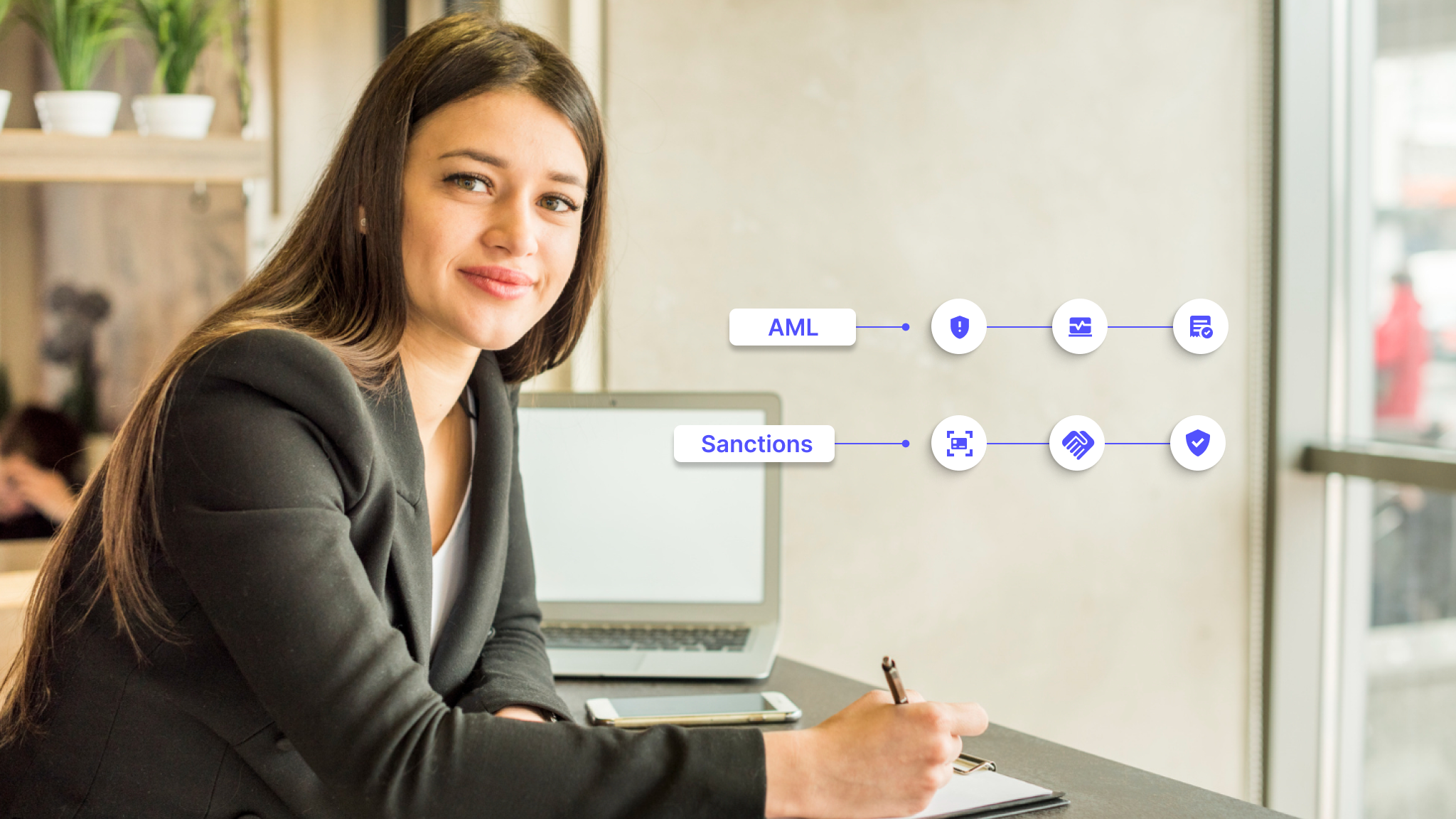















.jpeg)

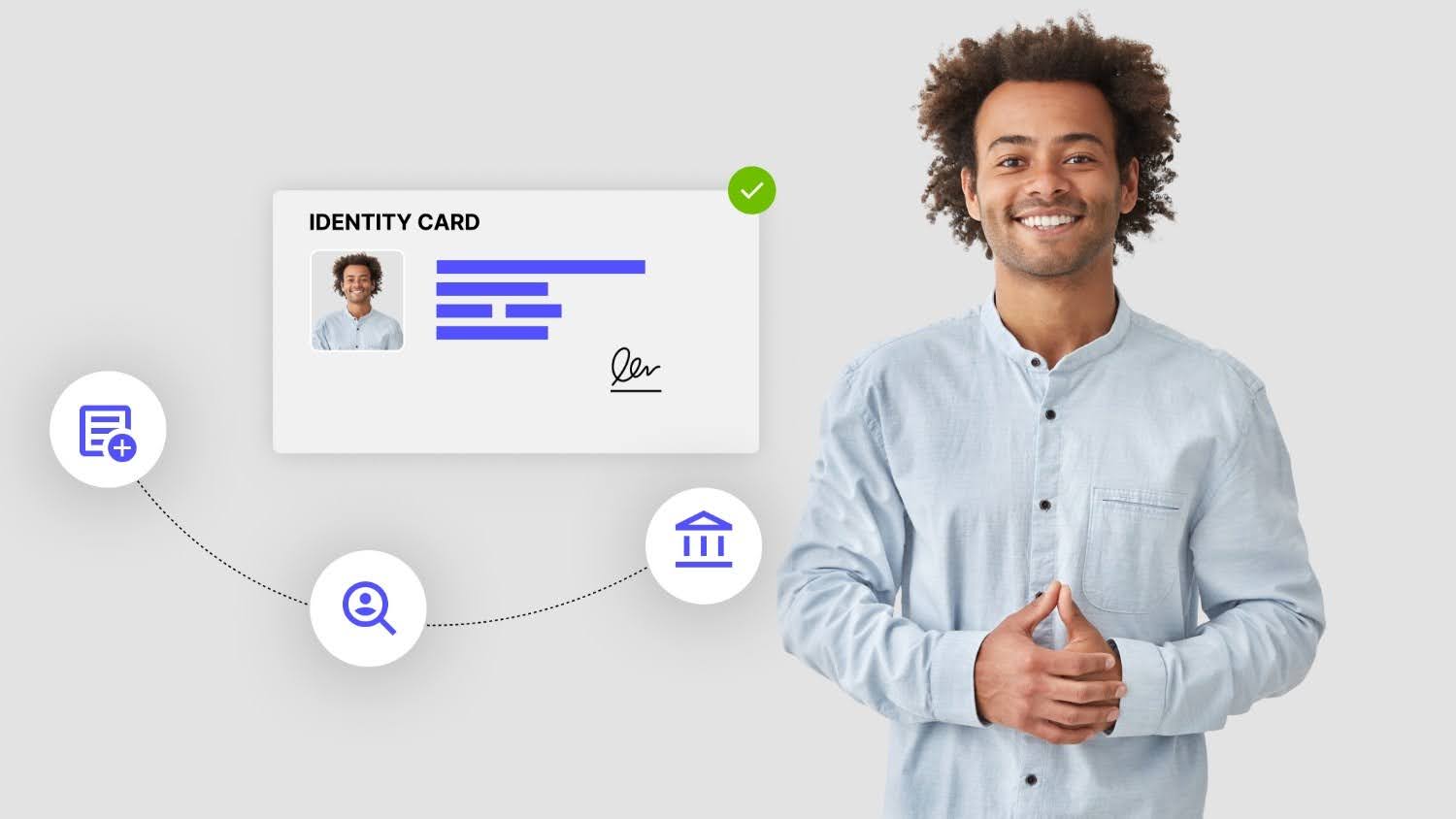


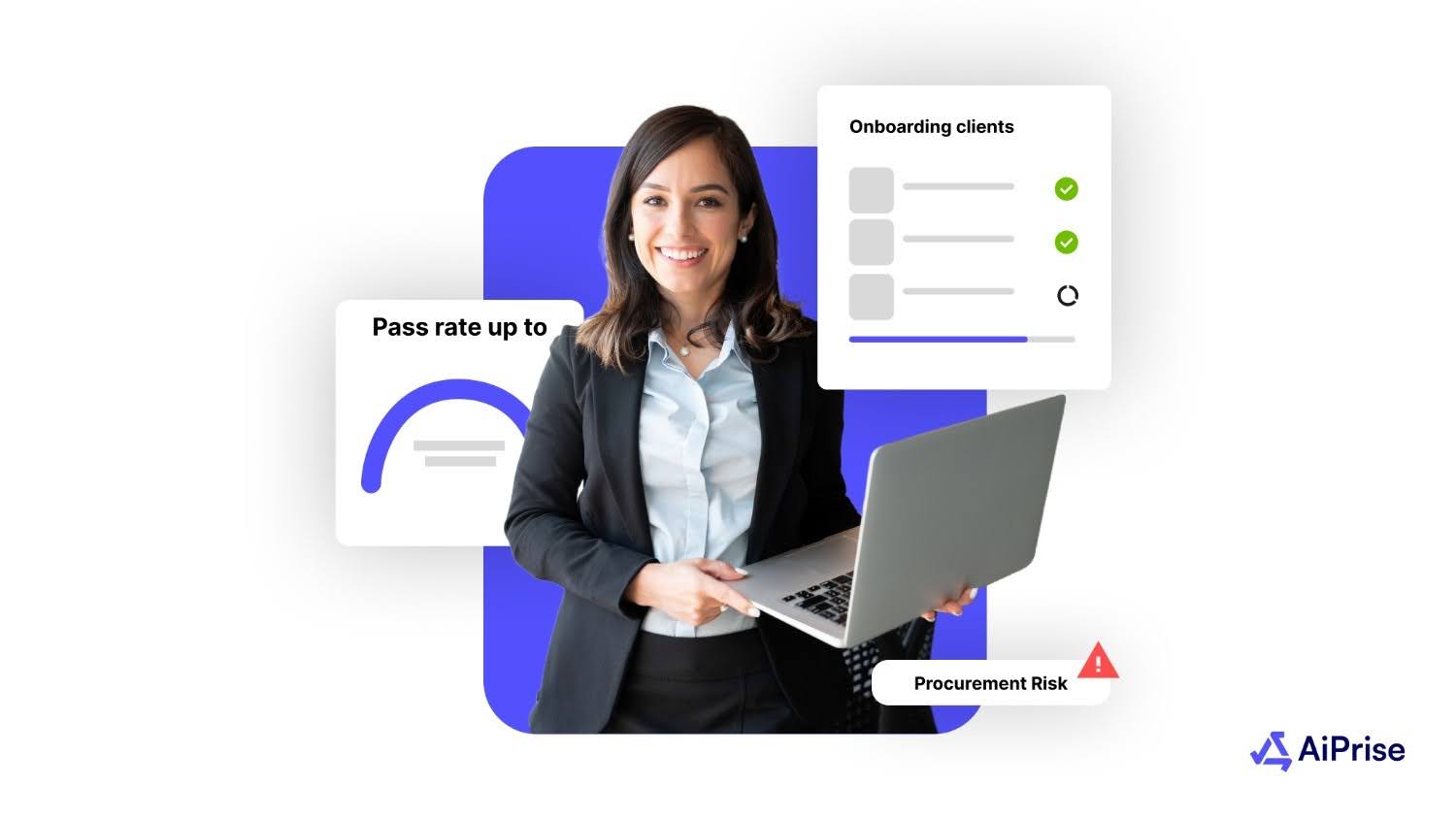
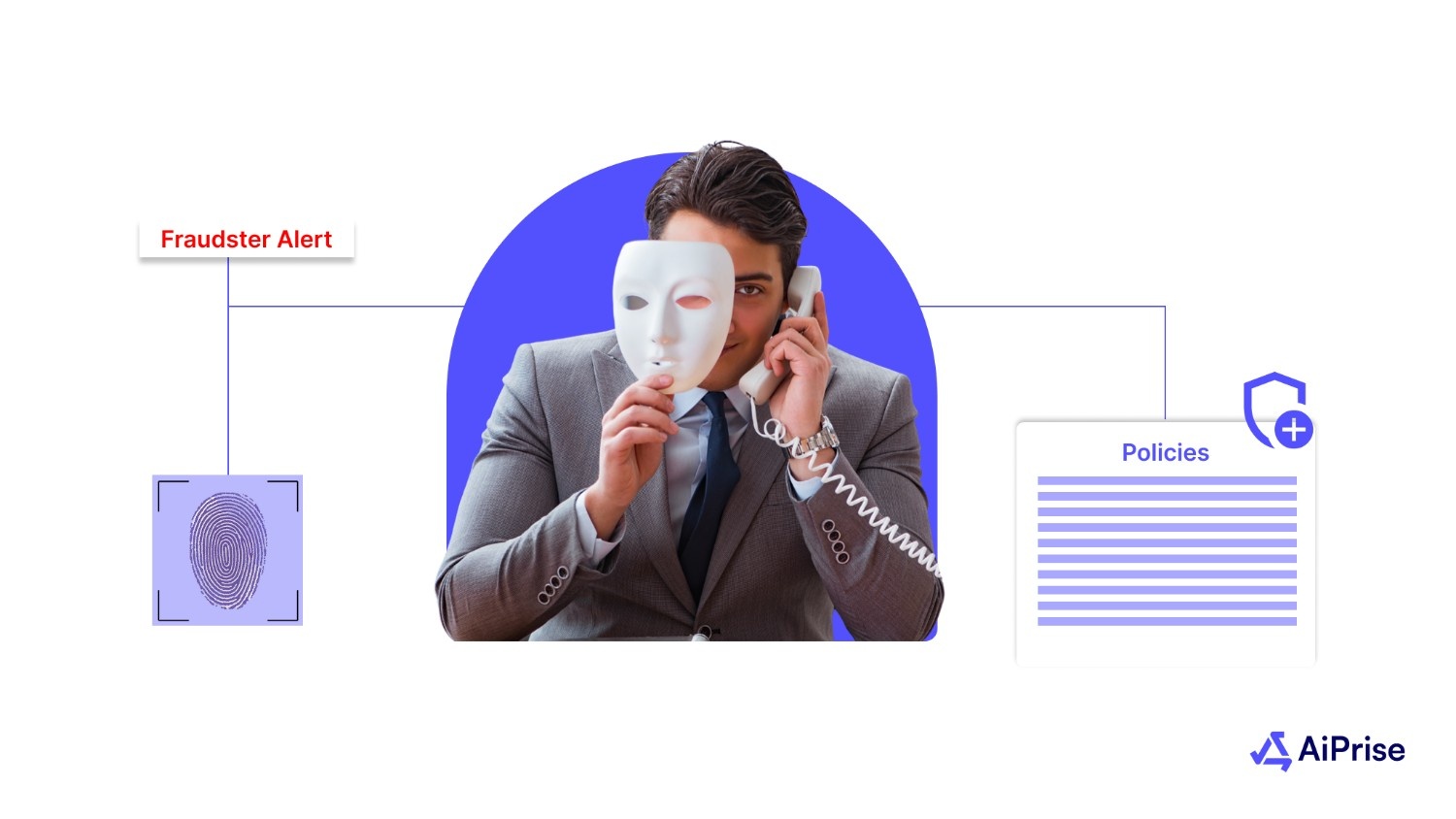
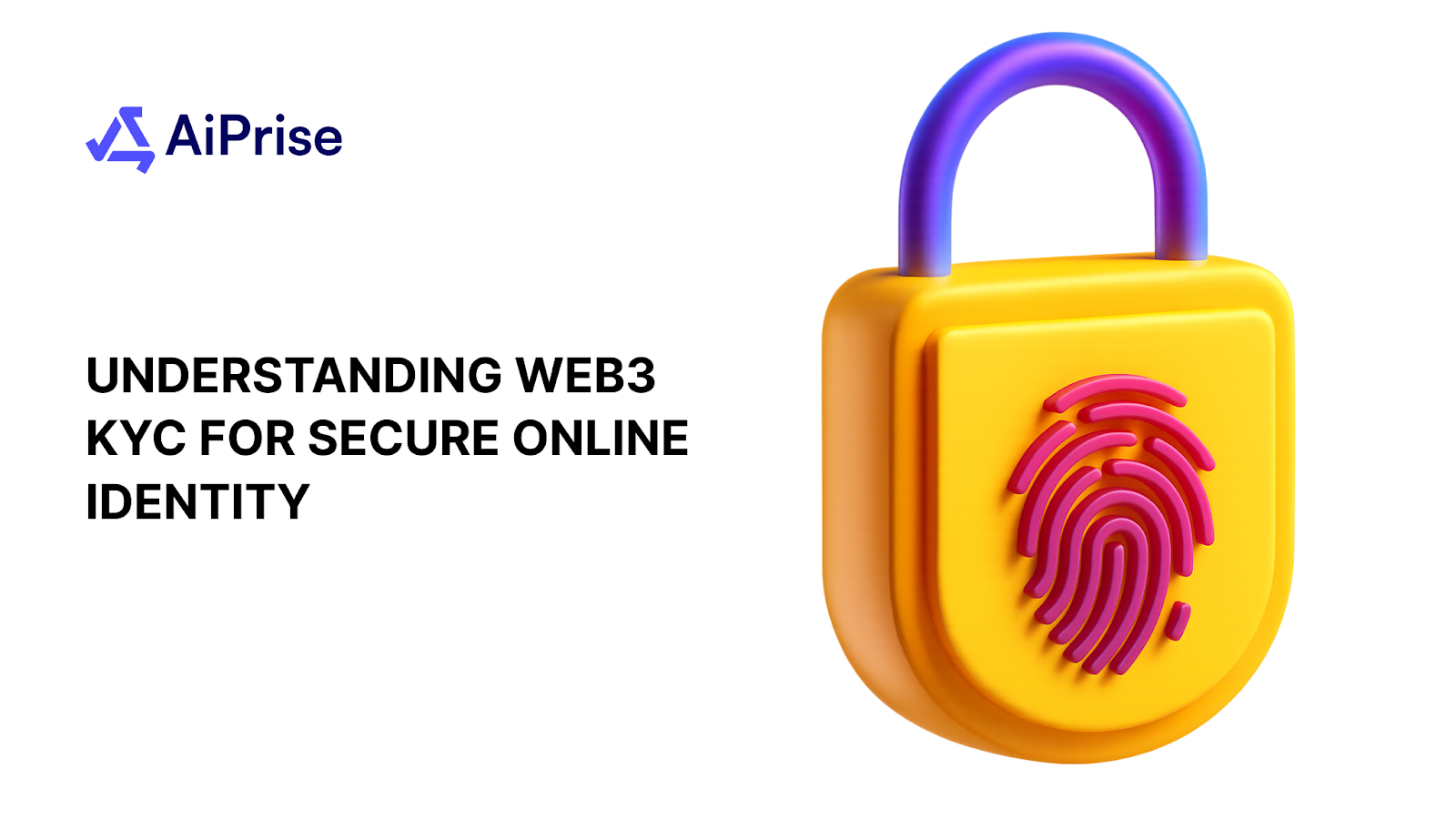
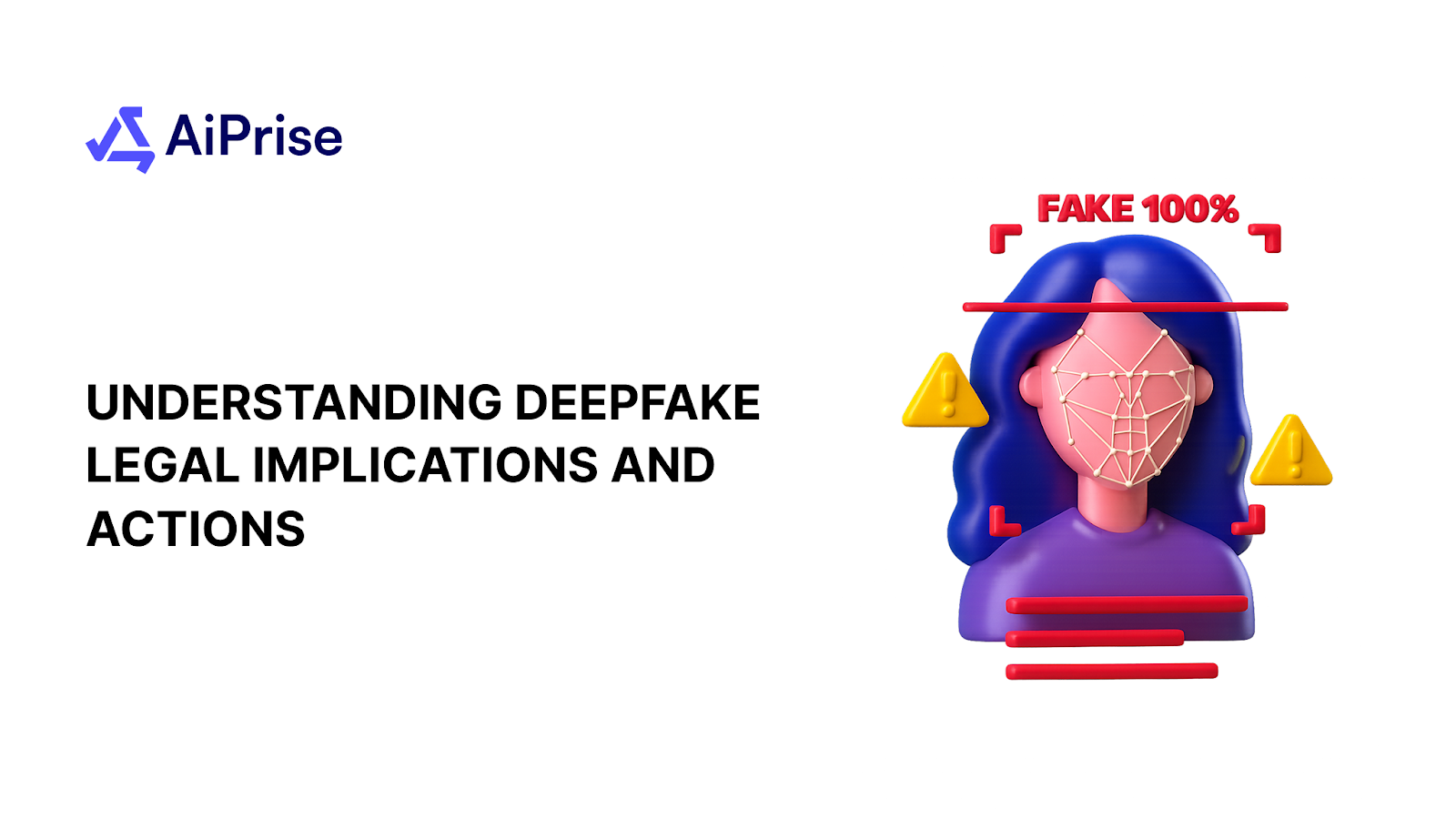
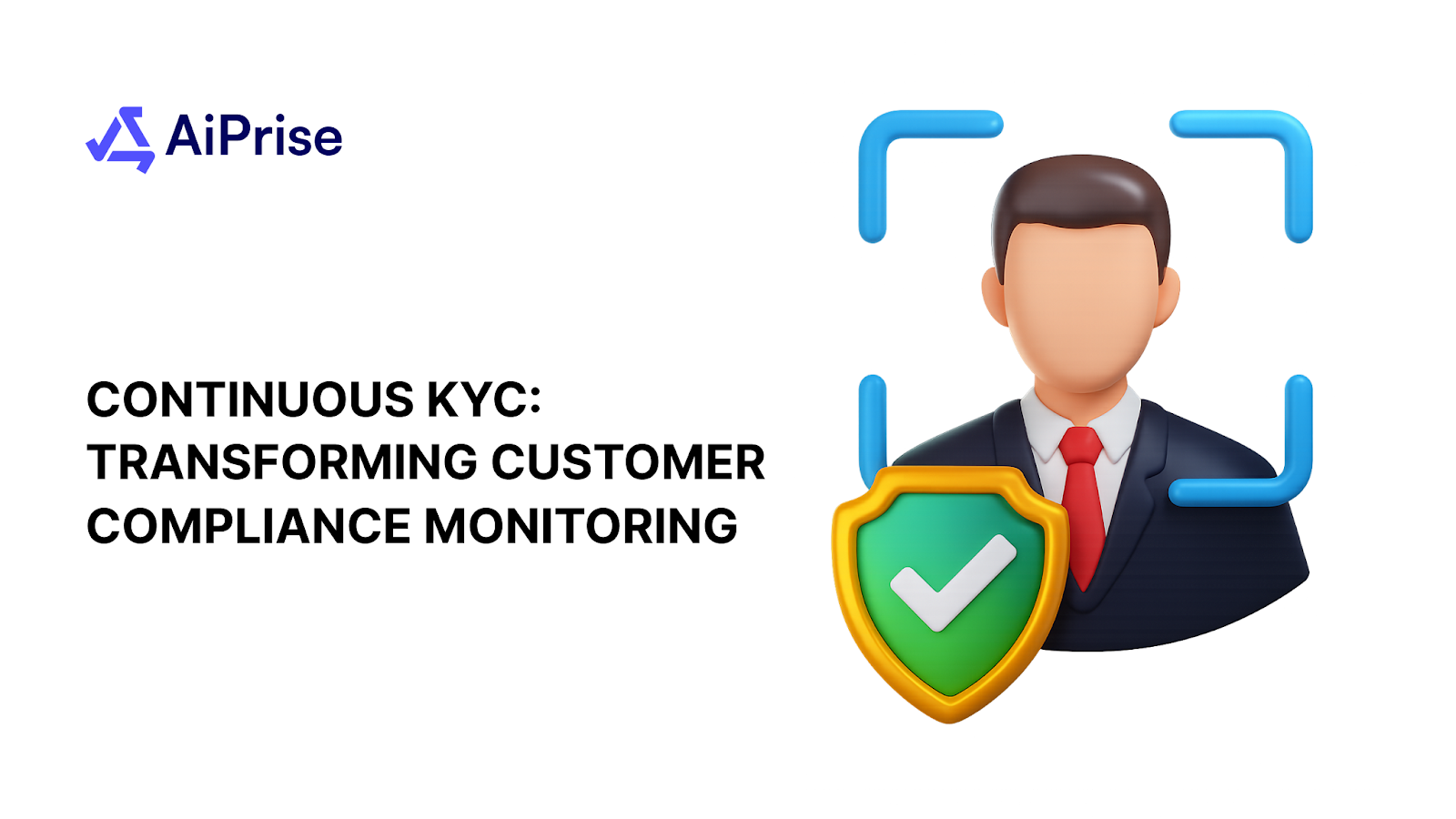

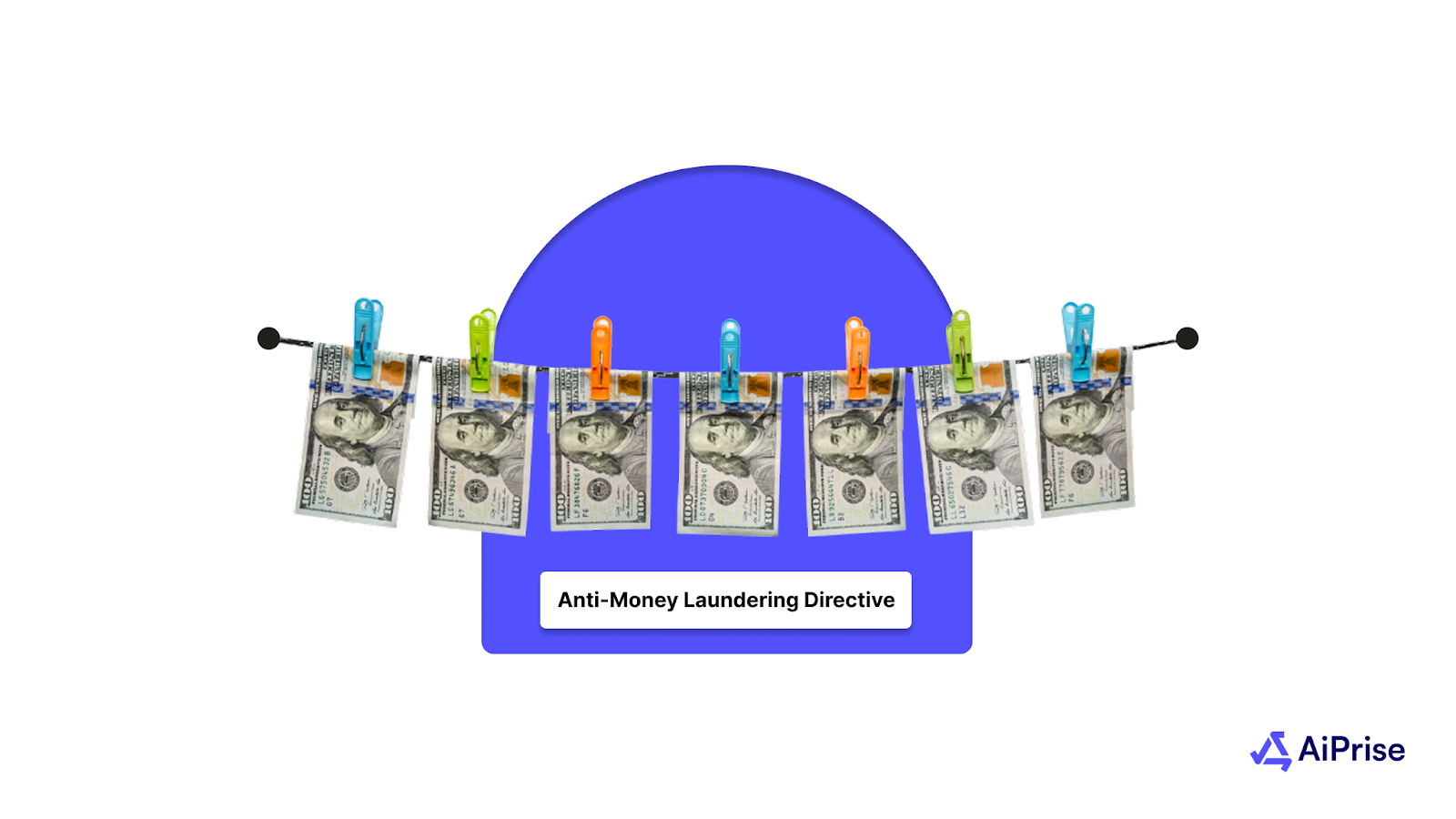
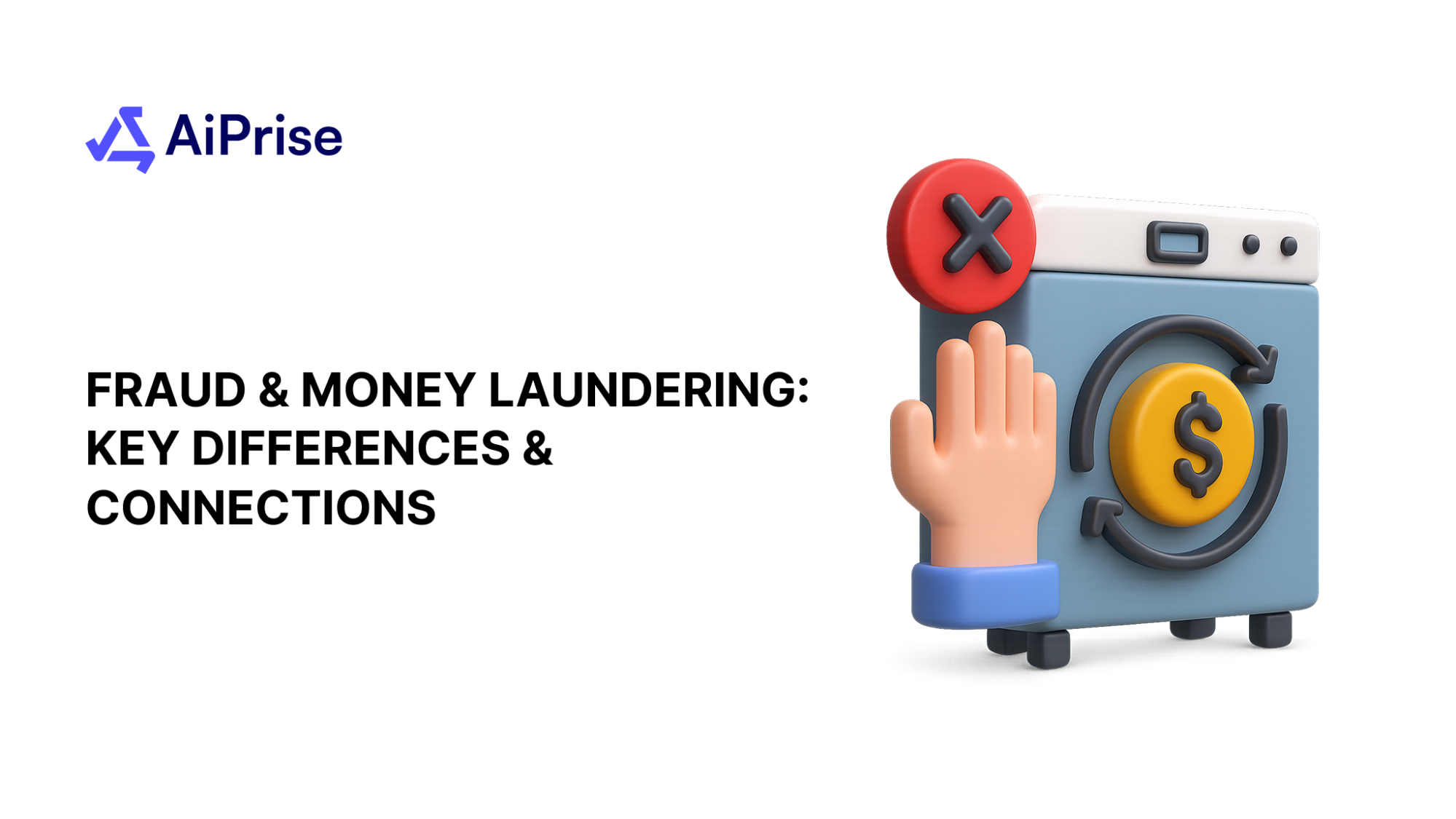
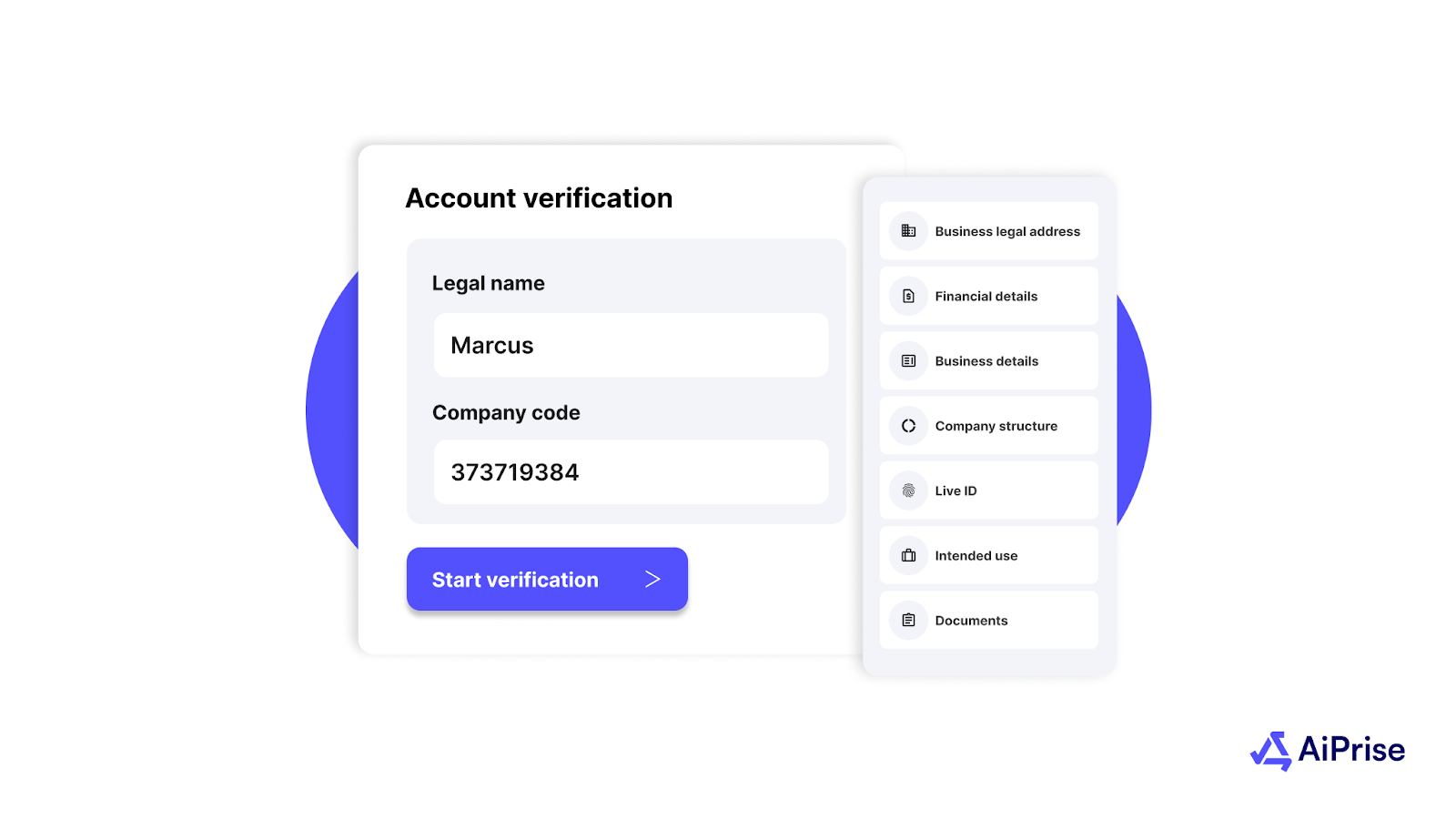

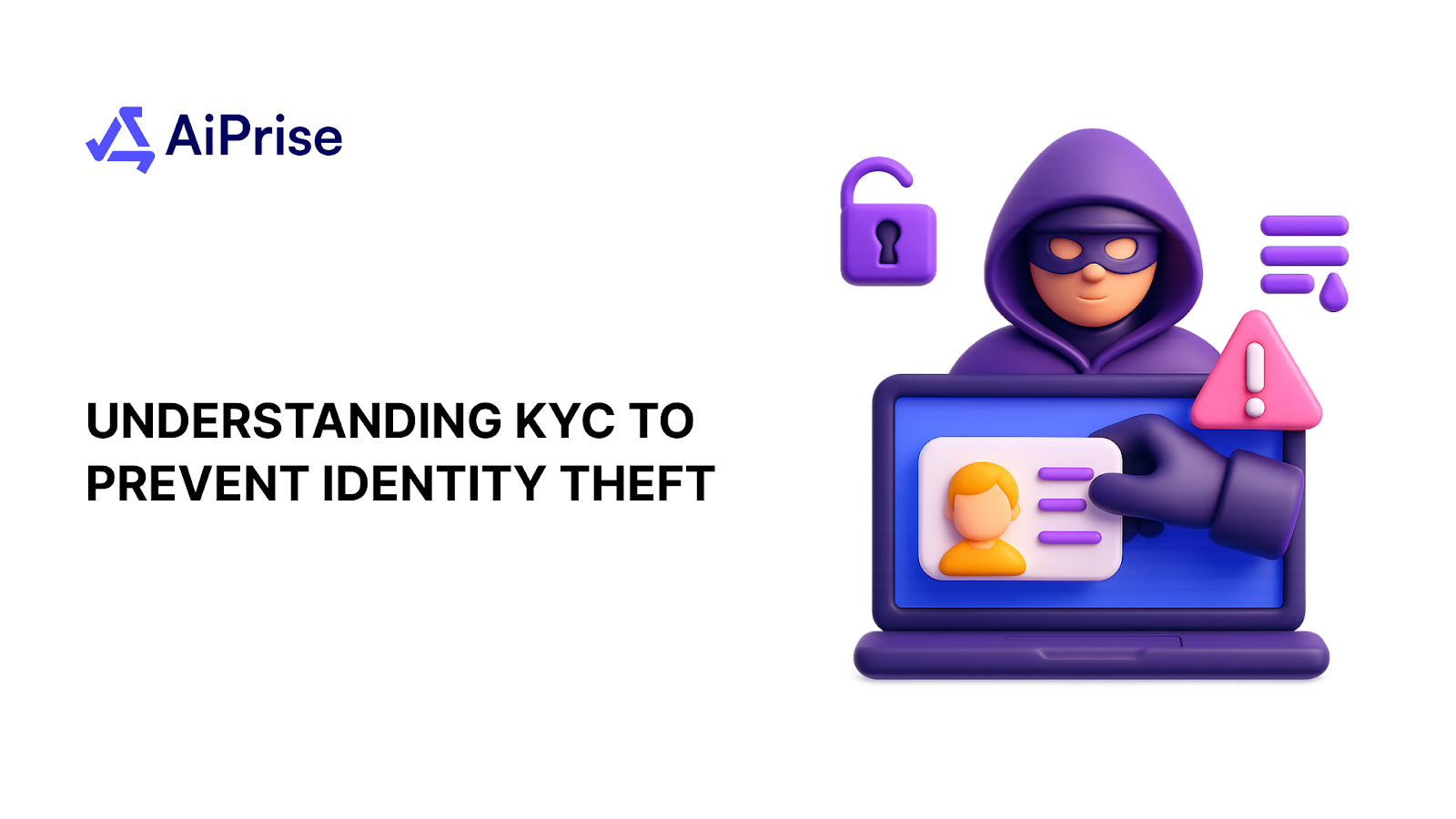
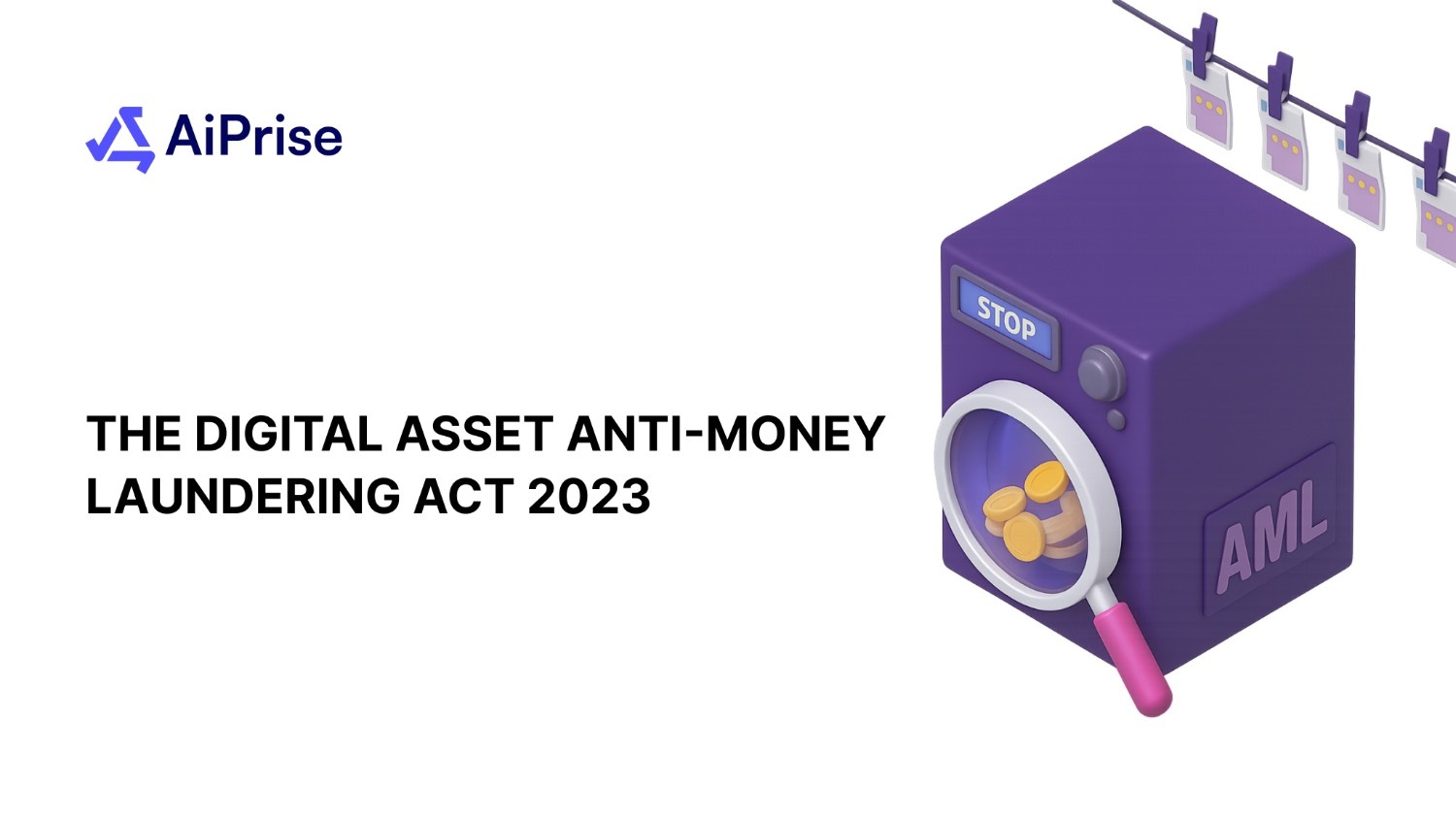


.png)
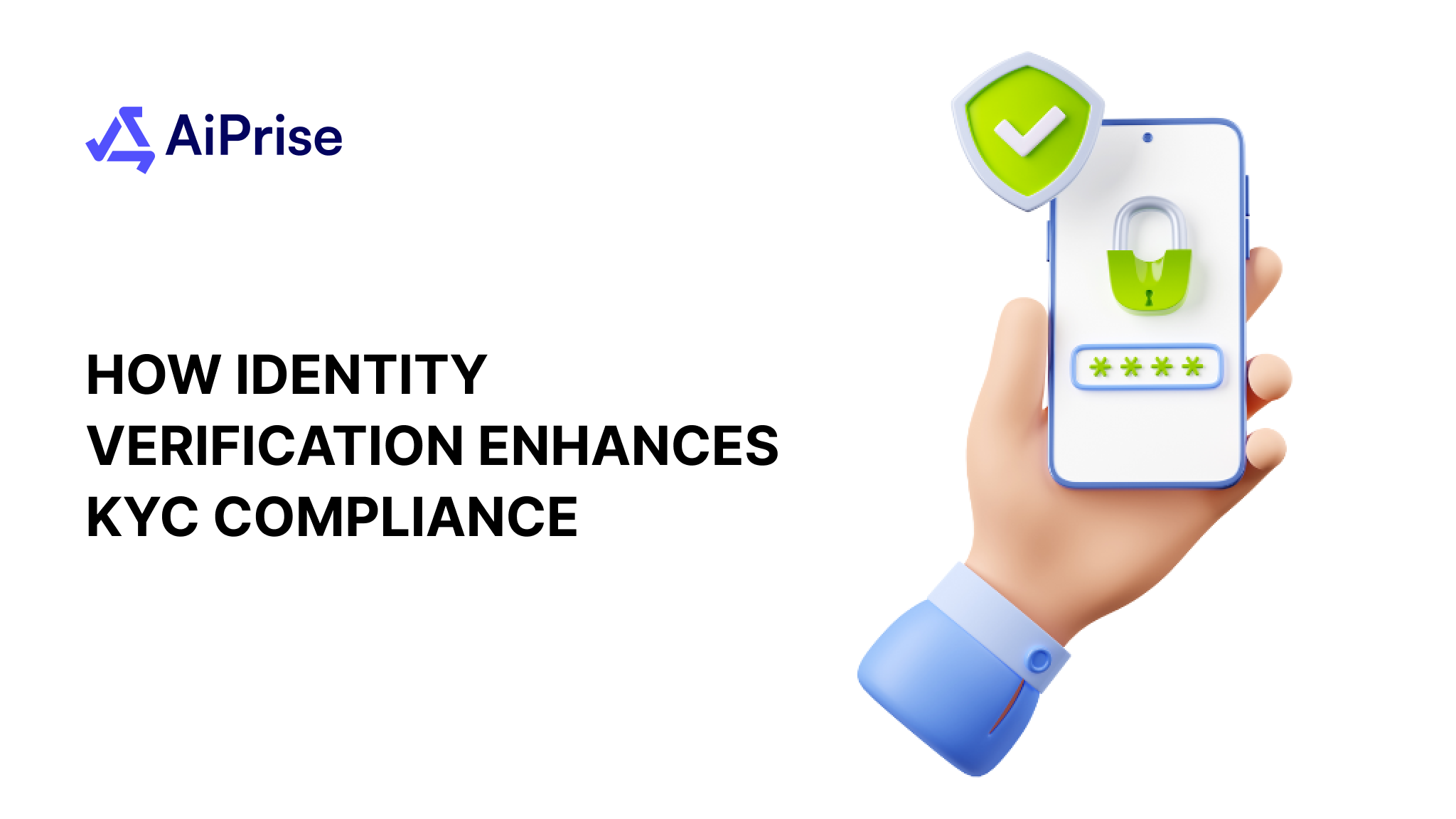
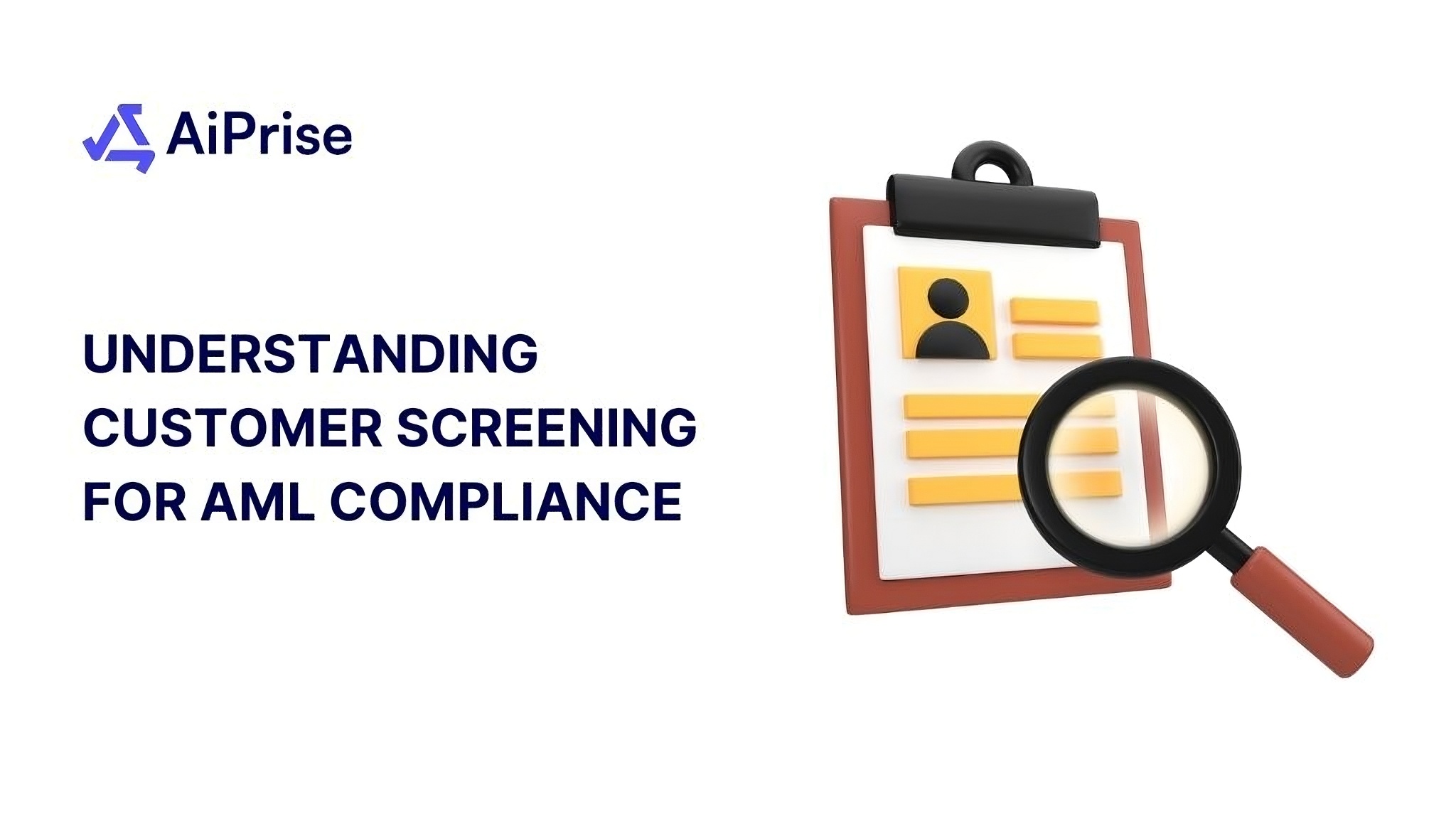

.png)
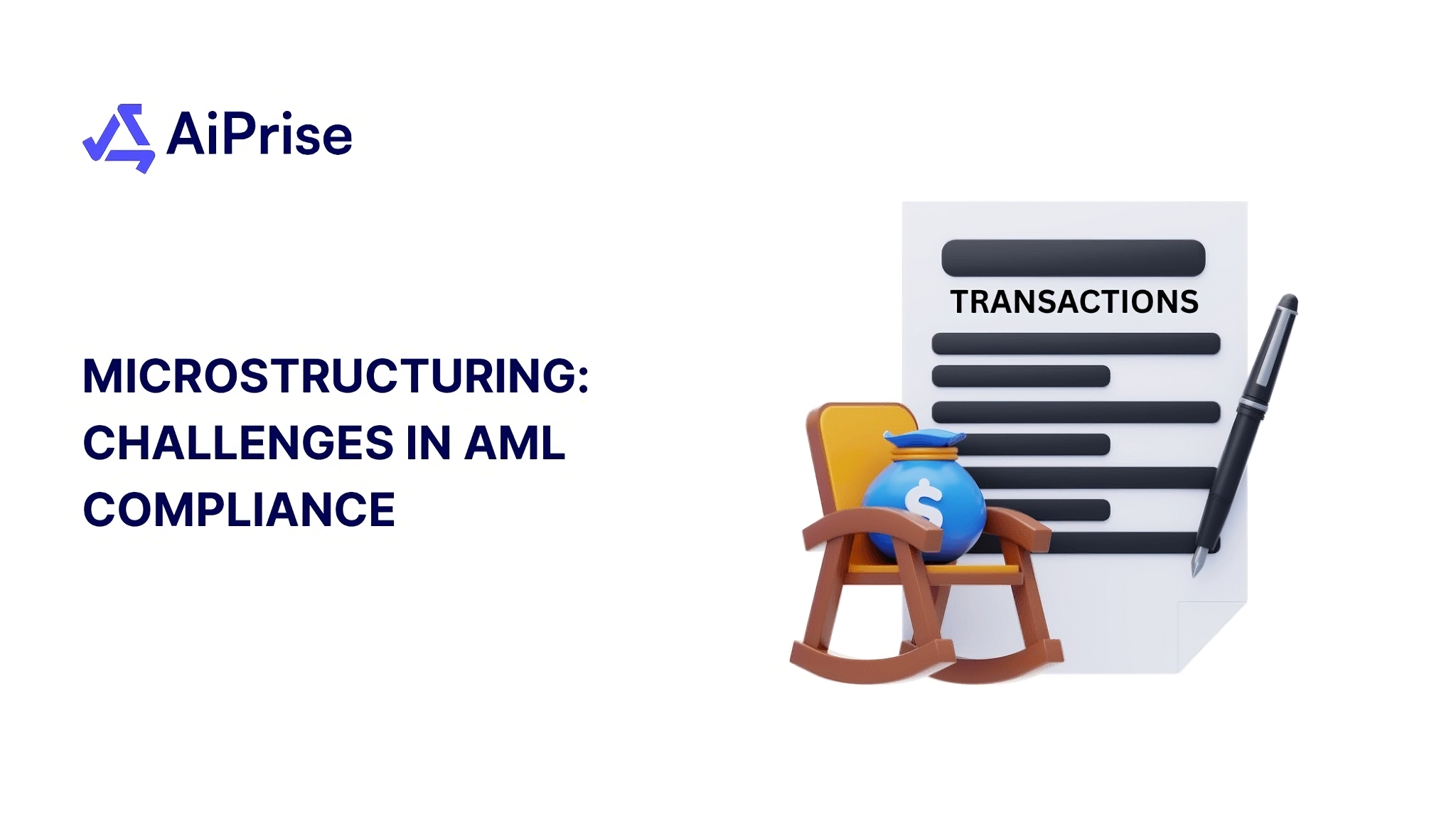

.png)
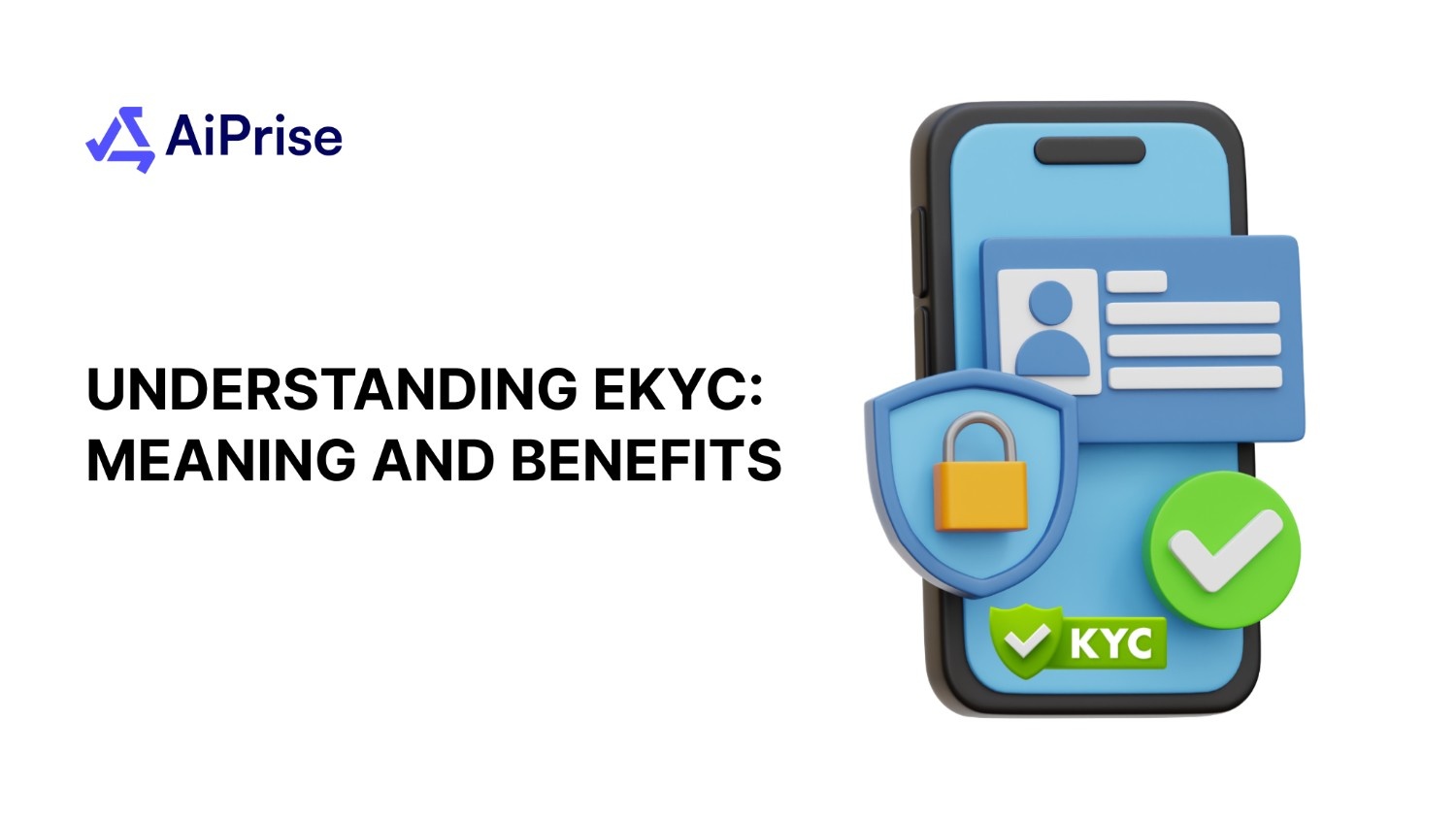
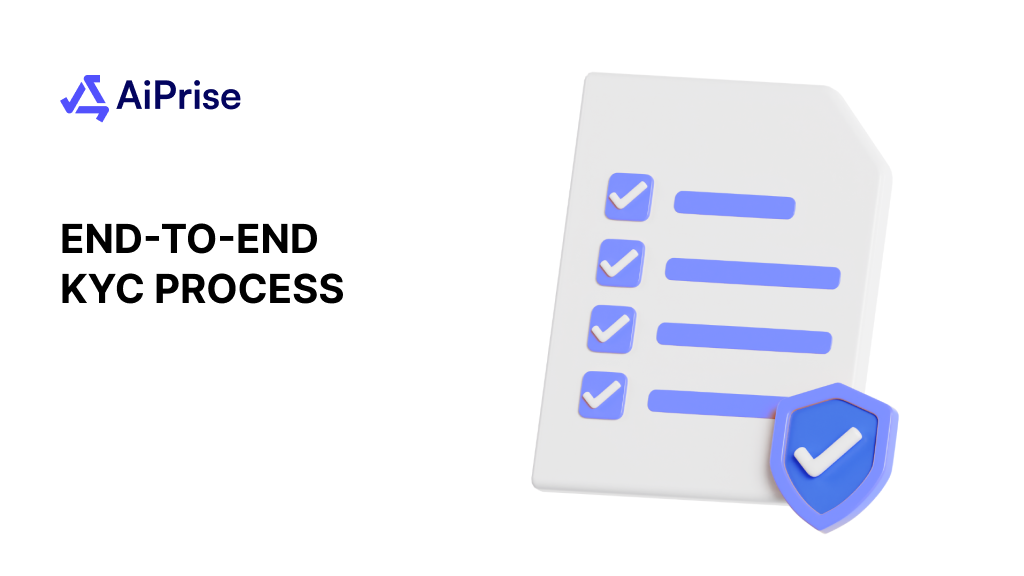

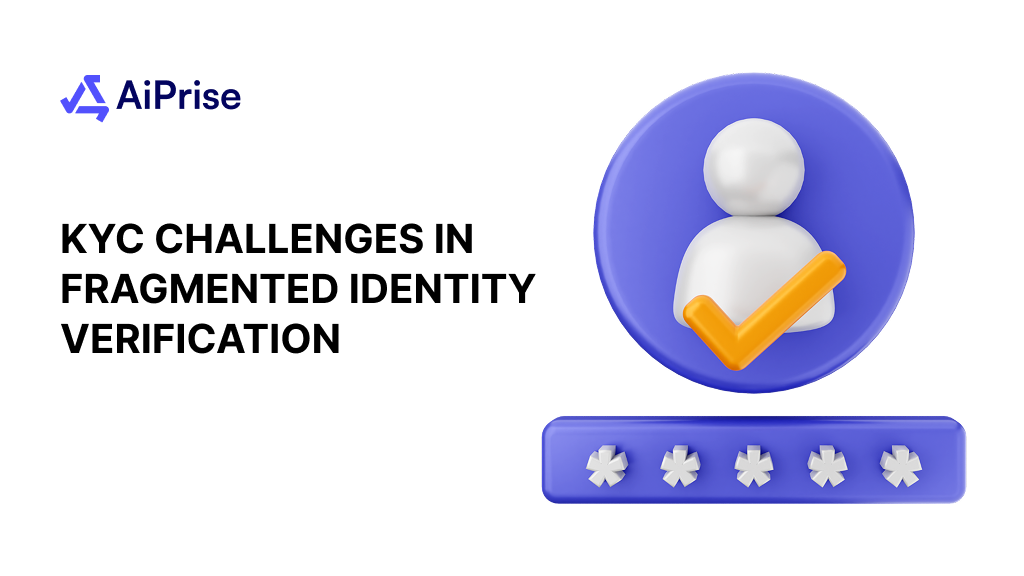

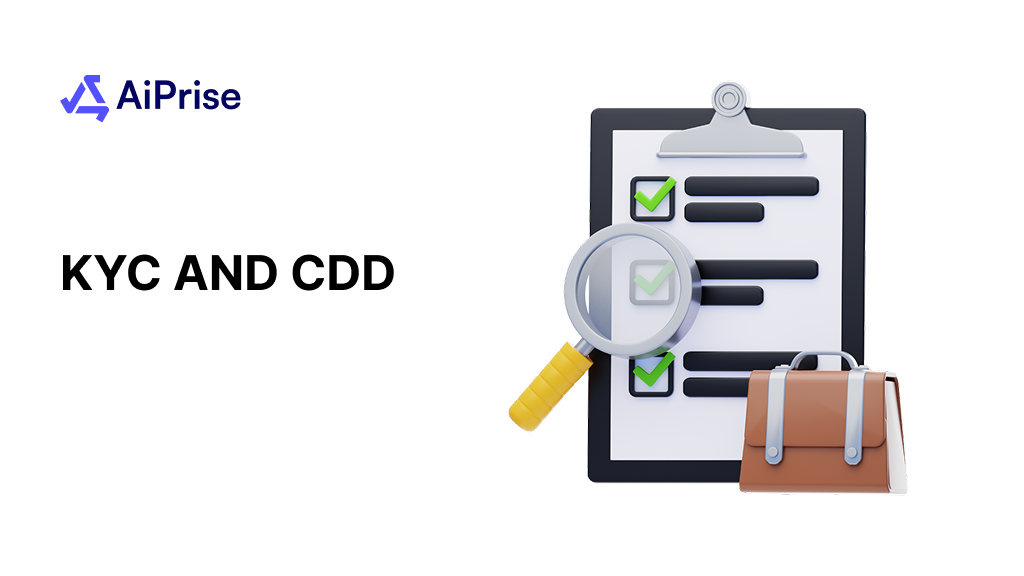










.png)






